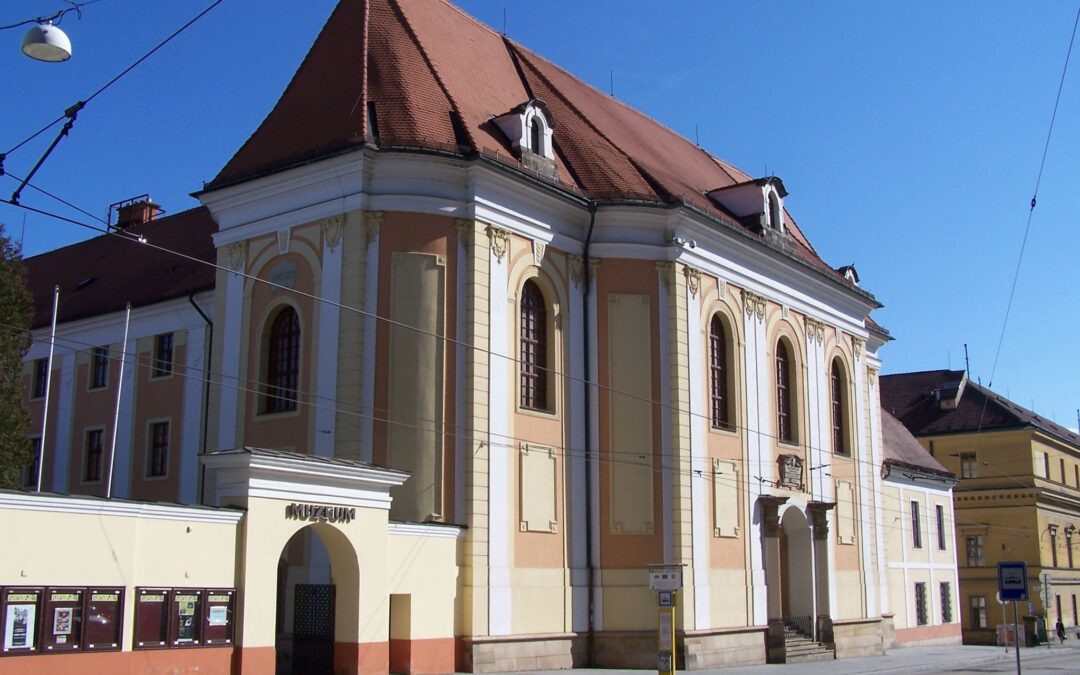Author: Andrzej Jakubowski
Committee: Art & Cultural Heritage Crimes Committee
Date: 15/03/2024
In February, the European Public Prosecutor’s Office (EPPO) concluded the investigation into subsidy and procurement fraud, passive corruption and money laundering at the National Historical Museum (Vlastivědné muzeum) in Olomouc, Czech Republic. Three former employees of the museum pleaded guilty.
Already in November 2021, EPPO in Zlín conducted the operation in which the Czech police (National Centre against Organized Crime (Národní centrála proti organizovanému zločinu – NCOZ)) seized funds and conducted several searches of houses and other premises, in connection with suspected corrupt practices and manipulation of public procurement at the museum [1].
As part of the EPPO’s investigation, three people were indicted: the museum’s former director and two former employees. The charges related to the project “Virtual museum in education – the use of new digital technologies in the connection of formal and informal education”, financed by the European Structural and Investment Funds’ Operational Programme for Research, Development and Education, and granted by the Czech Ministry of Education, Youth and Sports. The estimated damage is approximately €540,000 (CZK 13.5 million). According to evidence gathered, at least 14 members of the team allegedly working on the project performed no activities. In addition, two of the defendants were accused of unduly favouring a particular supplier during the procurement process for the project. One person was also charged with the crime of abuse of authority by an official. One of the defendants had already been charged with passive corruption and money laundering. In order to recover EU funds, the NCOZ, on behalf of the EPPO, seized assets and property worth €600,000 (CZK 15 million). They faced a prison sentence of 5 to 10 years [2].
On February 1, 2024, the defendants pleaded guilty to subsidy and procurement fraud. One of them also pleaded guilty to charges of passive corruption and money laundering. They signed a guilt and punishment agreement (plea agreement), which was submitted to the Ostrava District Court for approval. All three agreed to a sentence of three years’ imprisonment, suspended for five years. In addition, they will have to pay back the remaining amount of the damage while on probation, and each will pay a fine of €20,000 euros (500,000 CZK). If the settlement is approved by the court, they will also be banned from applying for grants for 10 years [3].
This is one of the key investigations of crimes against the EU financial interests in the cultural sector, conducted by EPPO. Indeed, the gravity of the case concerns not only the scale of offences, but also the public stature and cultural standing of the museum institution in question. The National History Museum itself is one of the oldest and most important Czech museums. Moreover, after Prague, Olomouc is the most important and largest urban historic complex in the Czech Republic, recognized by UNESCO[4].
[1] https://www.eppo.europa.eu/en/news/corruption-and-manipulation-public-contracts-museum-czechia
[4] https://whc.unesco.org/en/list/859/

